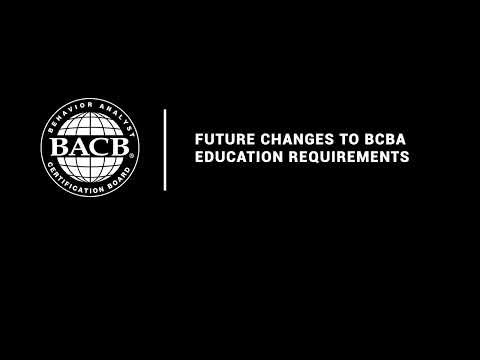What is a Board Certified Behavior Analyst (BCBA)?
A Board Certified Behavior Analyst (BCBA) helps solve behavior-related problems in children with autism or other developmental disorders. Their field is called Applied Behavior Analysis (ABA), the number one recommended approach for improving socially significant behaviors in children with autism. But what exactly does an BCBA do? Let’s delve into their responsibilities, skills, and the impact they have on their clients’ lives.
What does a BCBA do?
A BCBA creates individualized programs for each client they serve, and often supervises the behavior therapists implementing treatment. BCBAs may work in homes, schools, and clinics, often collaborating with RBTs, families, doctors, teachers, and others to provide the best treatment possible for the client.
Assessment
- Conduct functional behavior assessments (FBAs) to identify the reasons behind challenging behaviors.
- Develop individualized treatment plans based on assessment results.
Intervention Design and Implementation
- Create and implement behavior intervention plans (BIPs) tailored to the specific needs of each client.
- Design programs to teach new skills and reduce problematic behaviors.
- Use evidence-based techniques, such as discrete trial training, natural environment teaching, and task analysis.
Data Collection and Analysis
- Collect and analyze data to monitor progress and make data-driven decisions.
- Use data to adjust interventions and strategies as needed to ensure effectiveness.
Training and Supervision
- Train and supervise other professionals, such as Registered Behavior Technicians (RBTs) and paraprofessionals, in implementing ABA strategies.
- Provide ongoing supervision and support to ensure fidelity to treatment plans.
Family and Caregiver Training
- Educate and train families and caregivers on ABA techniques and strategies to ensure consistency and generalization of skills across different environments.
- Offer support and guidance to families to help them manage challenging behaviors at home.
Collaboration
- Work collaboratively with other professionals, such as teachers, speech therapists, and occupational therapists, to provide comprehensive care.
- Participate in interdisciplinary team meetings to discuss client progress and coordinate care.
Ethical and Professional Conduct
- Adhere to the ethical guidelines and standards set by the Behavior Analyst Certification Board (BACB).
- Stay updated with the latest research and developments in the field of ABA.
What To Expect on a Day-To-Day Basis as a BCBA
A BCBA’s day is filled with a variety of tasks, from performing client assessments and evaluations to creating treatment plans to supervising RBTs and supporting the clinic.
BCBAs play an important role in starting the process of getting a client the therapy they need. After an autism diagnosis, BCBAs will usually perform an evaluation in order to determine what kind of intervention plan is needed to improve skills and reduce any challenging behaviors the client may have. A BCBA may involve parents or caregivers by interviewing them about the client’s behaviors at home.
After the necessary assessments and evaluations are completed, a BCBA will devise an individualized treatment plan. This plan varies from client to client and is dependent on the skills, goals, and behaviors of the client. Some clients may need help eating or speaking, others may need help with big emotions or maladaptive behaviors.
BCBAs may provide treatment themselves, or they may supervise RBTs who provide treatment. Often, BCBAs work in tandem with RBTs and other professionals to ensure the client’s plan is working and to help with any adjustments that may be needed.
The Impact of BCBAs on Clients and Families
Getting an autism diagnosis can be emotional and overwhelming for many families. The work of a BCBA can significantly enhance the quality of life for individuals with autism, along with their parents and families. By helping clients develop essential skills and reduce challenging behaviors, BCBAs enable them to achieve greater independence and improved social interactions.
Families benefit by gaining support and guidance in managing their loved ones’ behaviors and celebrating their progress. Parent training is a huge part of a BCBA’s responsibility and one of the main ways to ensure skills learned in therapy are continued at home. BCBAs can help families navigate the ABA world, and help them make informed decisions about how to best support their child’s growth and development.
How Do I Become a BCBA?
The first step to becoming a BCBA is to obtain a master’s degree in behavioral analysis or a similar field. BCBAs will successfully pass the Behavior Analyst Certification Board (BACB) exam and complete 2,000 hours of fieldwork before becoming certified. Many BCBAs begin their careers as RBTs.
At Therapy and Beyond, we pride ourselves in making therapy fun. Board Certified Behavior Analysts are the driving force behind the behavioral health field, providing solutions and support for clients and their families. If you’re passionate about helping others and interested in a rewarding career in behavior analysis, becoming an BCBA might be the perfect path for you. See opportunities at Therapy and Beyond.

